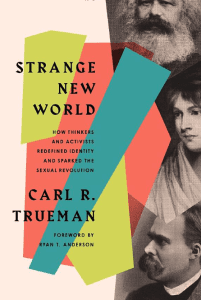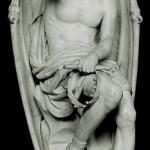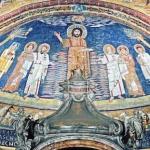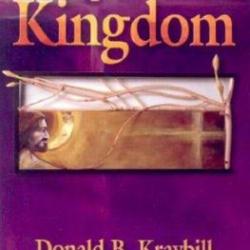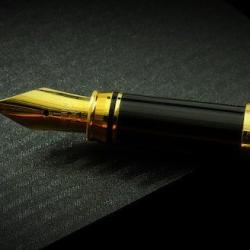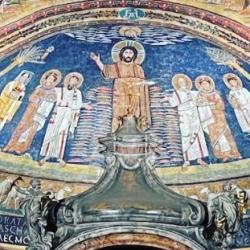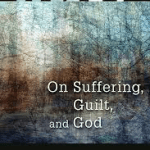It’s still summer, so you have time to finish reading a few extra books waiting in your TBR (to be read) pile. At least, that’s what I’m telling myself.
As a doctoral student, I am compelled by my professors to read about theology, methodology, interpretation, and biblical studies. To stay sane, I intersperse the heavy stuff with historical novels and the occasional witty-banter romance. Over the last two months, these six theologically-minded books have made me think, question, exclaim, and even shout.

I will highlight the two “fun” books that were not part of any school curriculum but which will absolutely find their way into many Bible college and seminary syllabi quite soon.
Tell Her Story, by Nijay Gupta (professor at Northern Seminary): With an emphasis on the socio-historical context in which Bible women lived, Gupta shows what women were actually doing in first-century Rome rather than dissecting the related biblical passages in-depth. He challenges us to consider Deborah, the Old Testament Israelite judge who surpassed all the other judges in character and national success, as a model of what God calls some women to. A refreshing, readable work, Tell Her Story does what its title implies—it tells the stories of women doing God’s work in the times during which the Bible was written in order to shine a light on what women can do now.
In a surprising affirmation of my childhood fascination with Greek mythology, Sandra Glahn (professor at Dallas Seminary) illustrates how some New Testament theology hinges on a correct understanding of Artemis. In Nobody’s Mother, which earned a starred review at Publishers Weekly, Glahn examines the literary record with exceptional thoroughness, arguing that Artemis was the patron goddess, not of fertility as we may have heard in the past, but of childbearing and virginity, as odd as that combo sounds. And because Artemis worship was so important to the ancient city of Ephesus, we must understand her in order to correctly interpret certain New Testament passages related to that city (Paul’s letters to the Ephesians and to Timothy). Specifically, anyone who uses 1 Timothy 2 as a defense of male authority in the church must now grapple with Nobody’s Mother.
Now, on to my TBR pile!
It’s a blessing and a curse to know so many incredible writers. Friends and respected authors I follow continue to churn out books that look freaking amazing! What am I supposed to do—not read them?! And so, my late summer weeks will be filled with a few extra “fun” books, along with a box of novels I’ve committed to reading. And… another round of scholarly reading is coming my way as I prepare for a fall seminary class.

Losing Our Religion: An Altar Call for Evangelical America
I have already started reading Russell Moore’s semi-memoir/semi-call to action. With a clever play on words, the former Southern Baptist leader leverages the phrase “losing our religion” to urge “conversion over culture wars, truth over tribalism, the gospel over politics, integrity over influence, and renewal over nostalgia.” This book will not win friends within the SBC leadership, but Moore is beyond caring about their opinions. Instead, he points faithful evangelicals to reclaim the essence of their faith beyond mere regional politics.

To Be a Woman: The Confusion Over Female Identity and How Christians Can Respond
In our current world where the definition of woman is up for debate, where one’s biological sex and one’s gender are divorced, where the meaning of gender itself is a constantly moving target, McCoy offers a clear and helpful perspective to questions such as: What is the relationship between biological sex and gender, and why is this relationship so crucial? What is the truth about gender transitioning, including the irreversible damage of hormone therapy on the female human body? What are common myths and misunderstandings in the gender debate? What do Scripture and science have to say on the matter? How can we respond in a Christlike way to loved ones struggling with gender identity? Don’t miss her excellent podcast conversation about it here.

The Ballot and the Bible: How Scripture Has Been Used and Abused in American Politics and Where We Go from Here
Kaitlyn Schiess, in yet another starred review from PW, brings her political and theological expertise together in her second book, answering such questions as: How do Bible passages written thousands of years ago apply to politics today? What can we learn from America’s history of using the Bible in politics? How can we converse with people whose views differ from our own? She unpacks examples of how Americans have connected the Bible to politics in the past, highlighting times it was applied well and times it was egregiously misused.

She Deserves Better: Raising Girls to Resist Toxic Teachings on Sex, Self, and Speaking Up

How (Not) to Be Secular: Reading Charles Taylor
